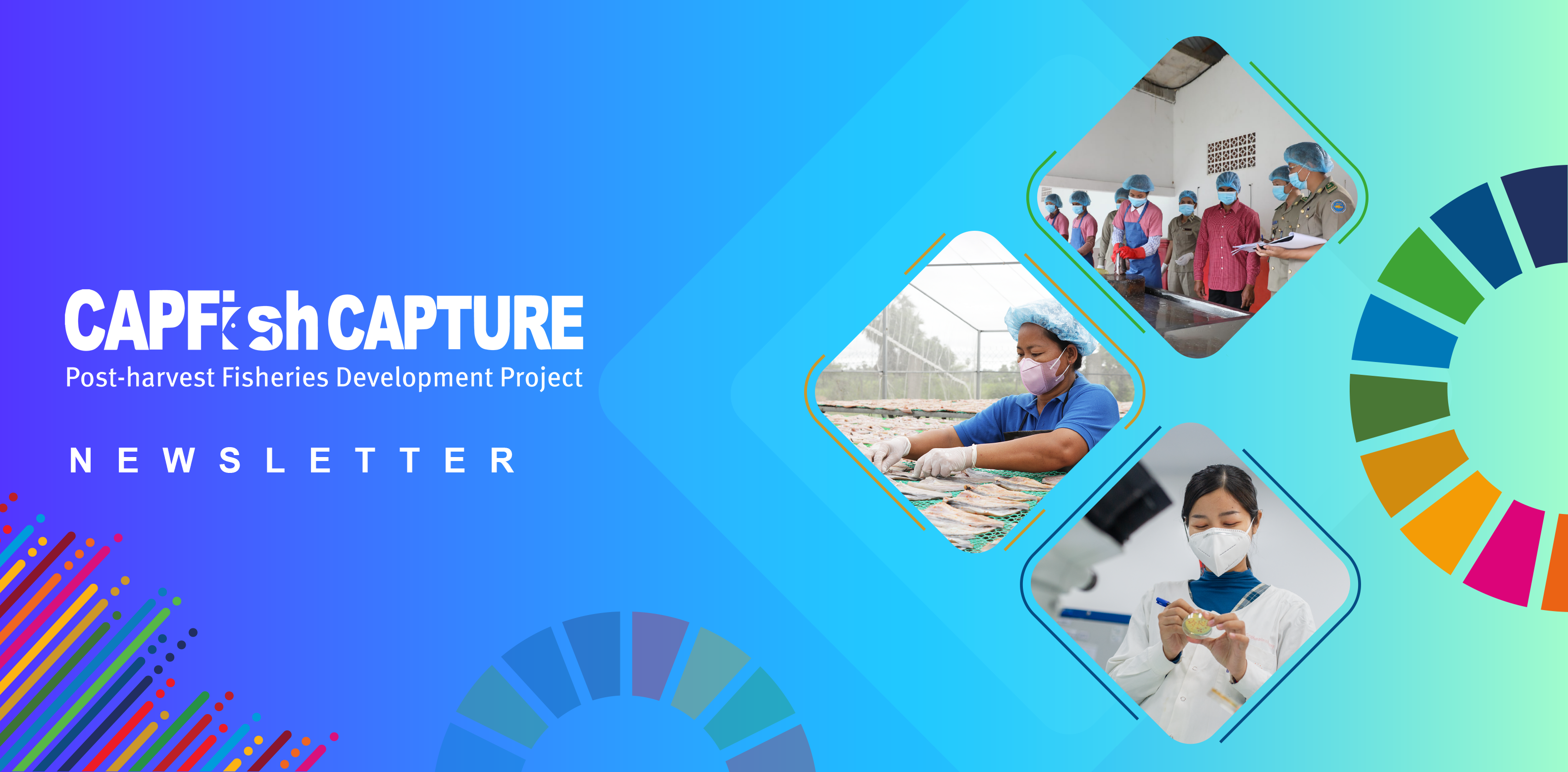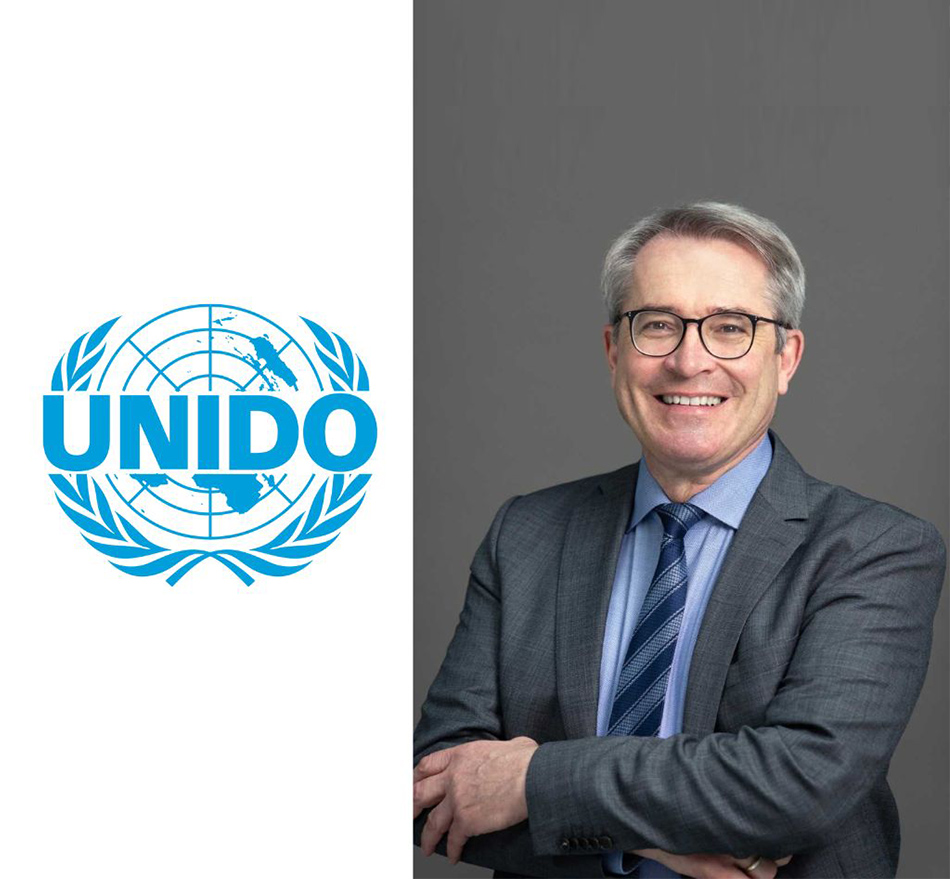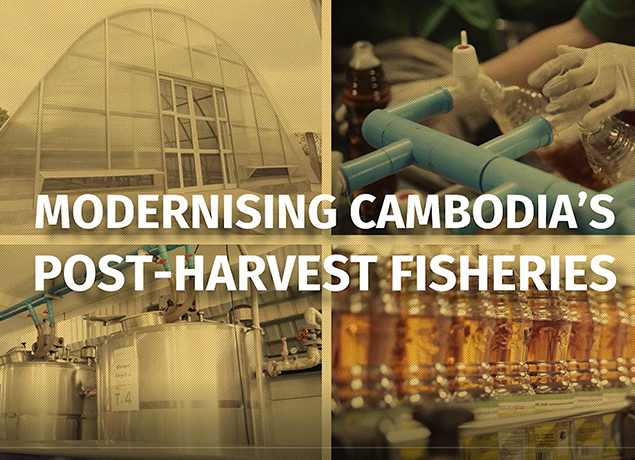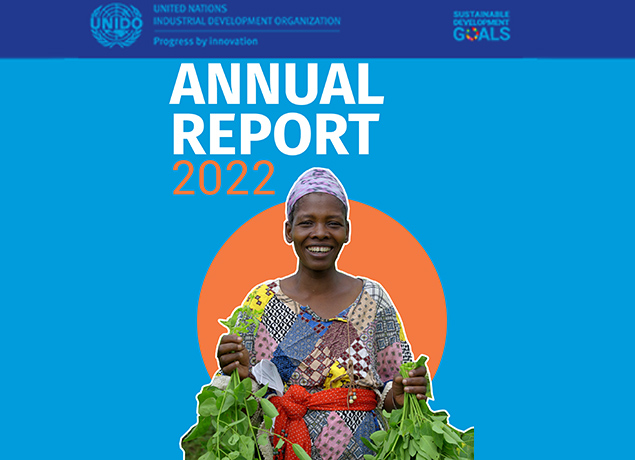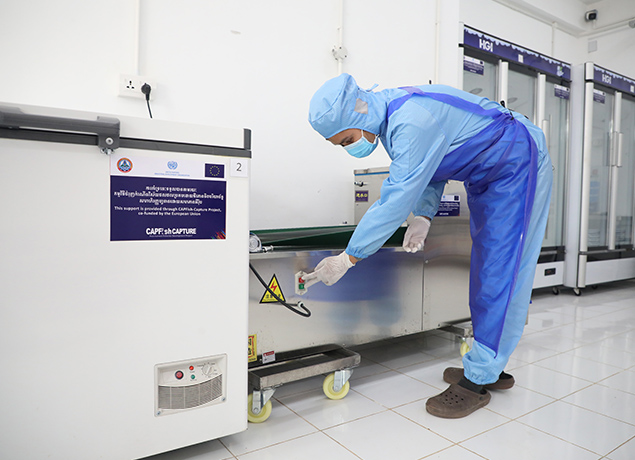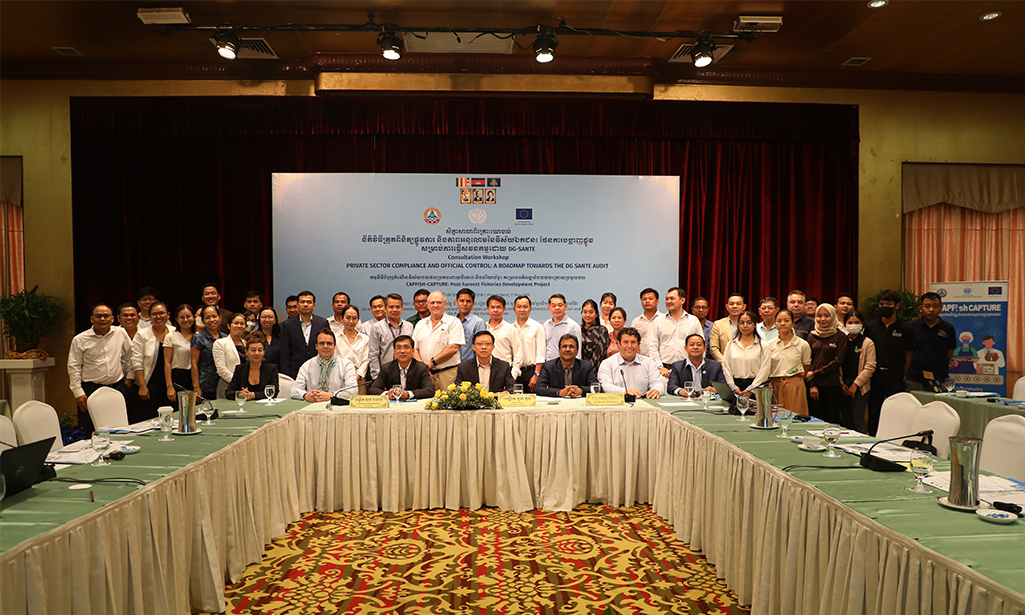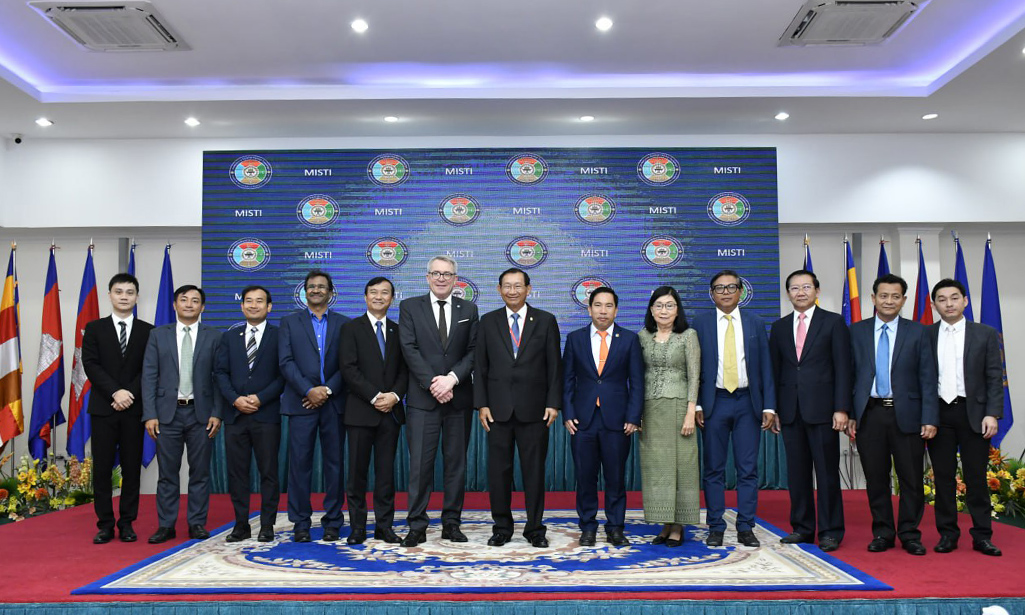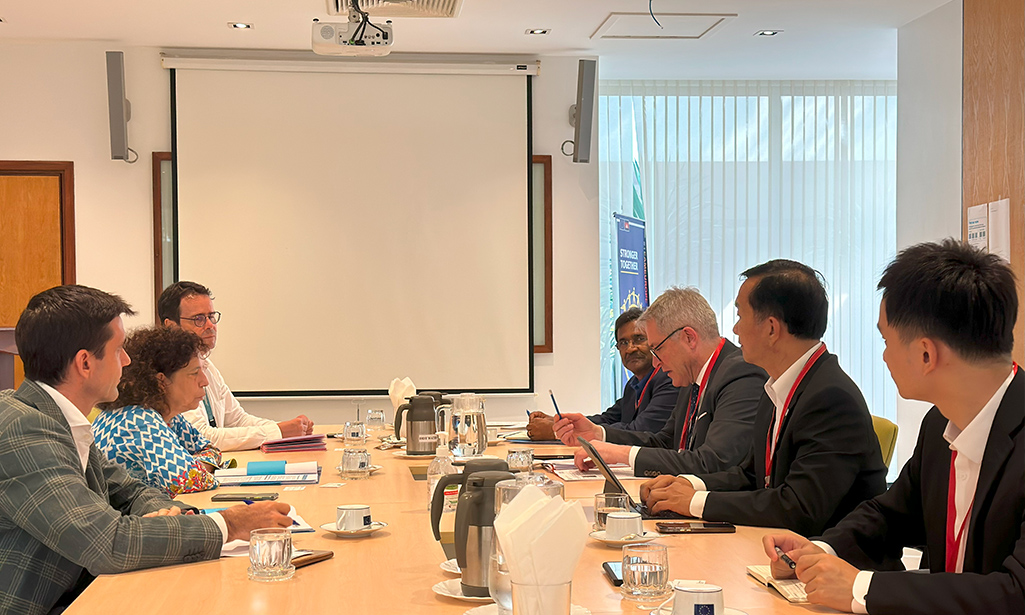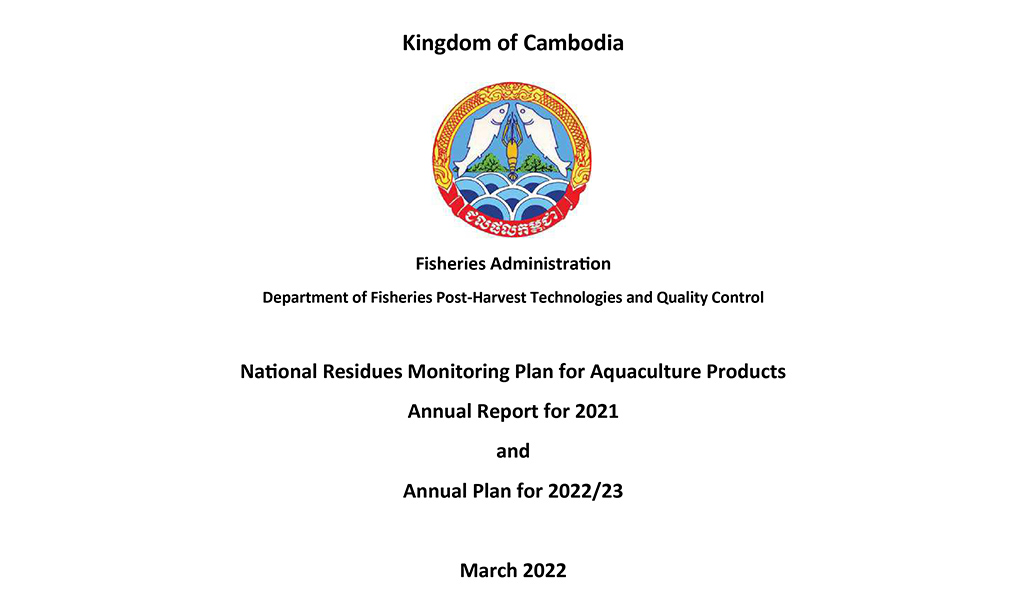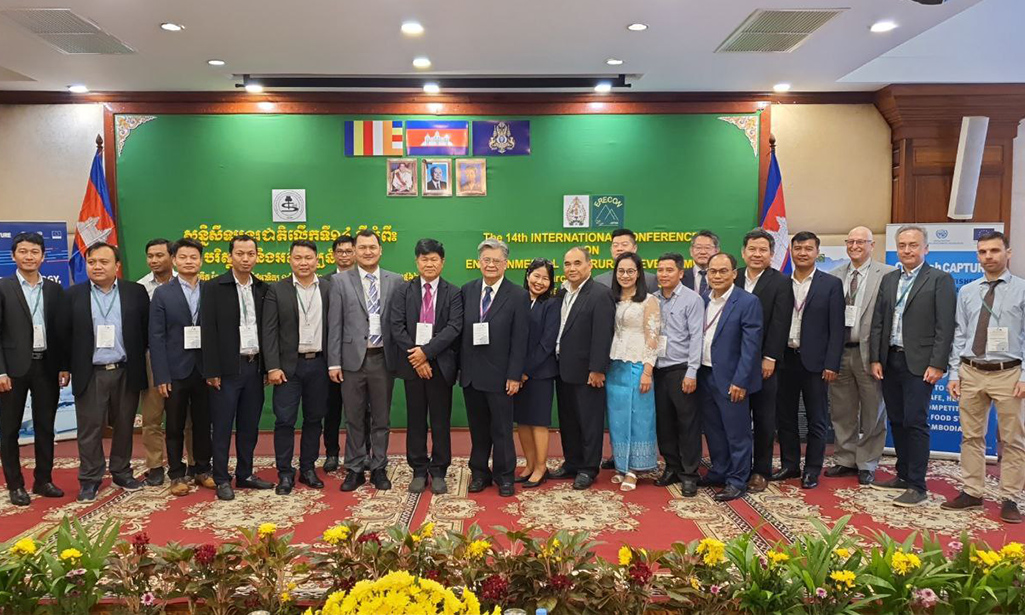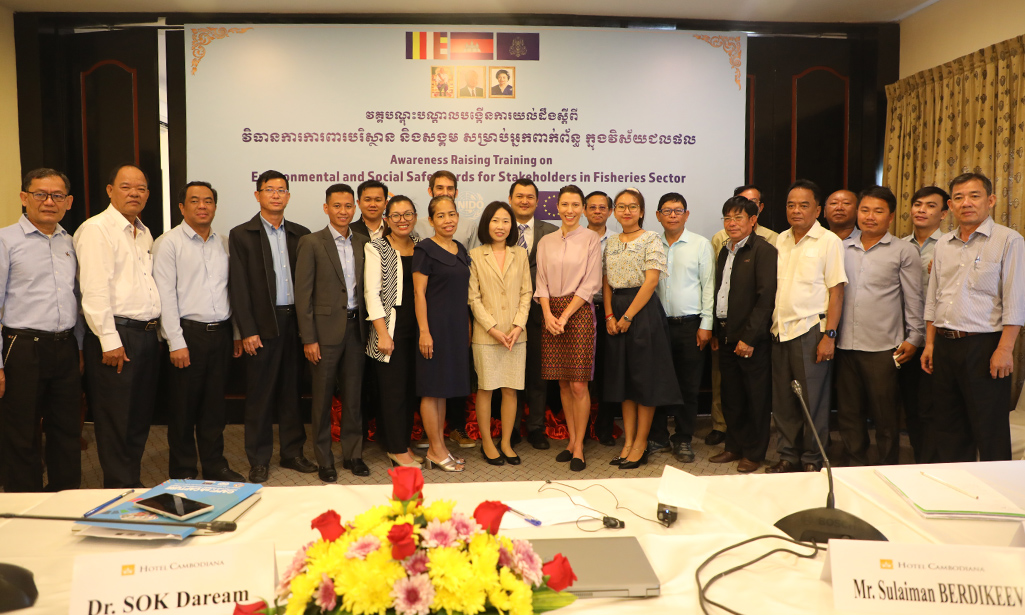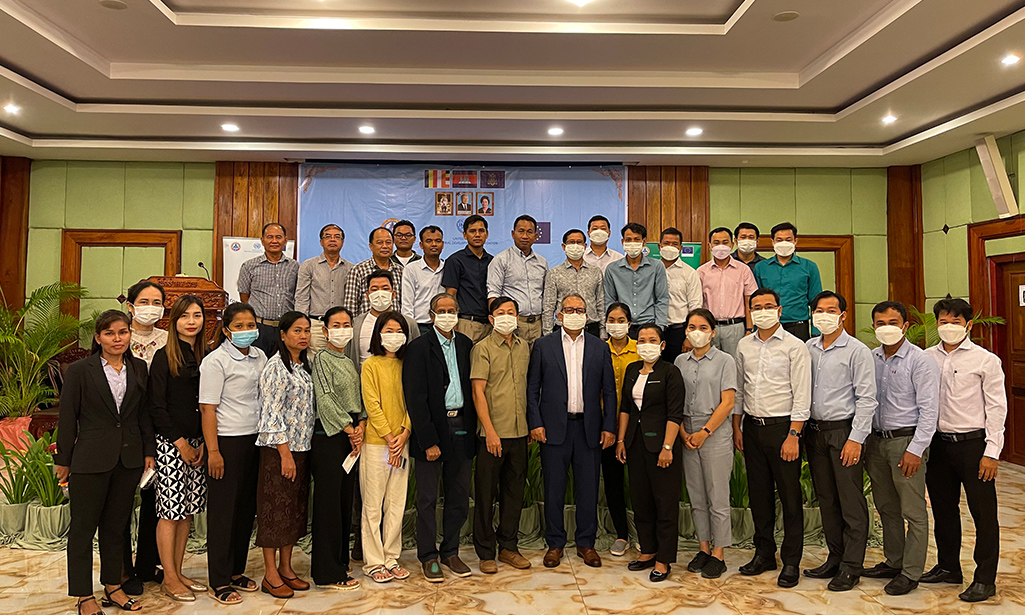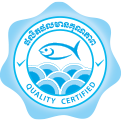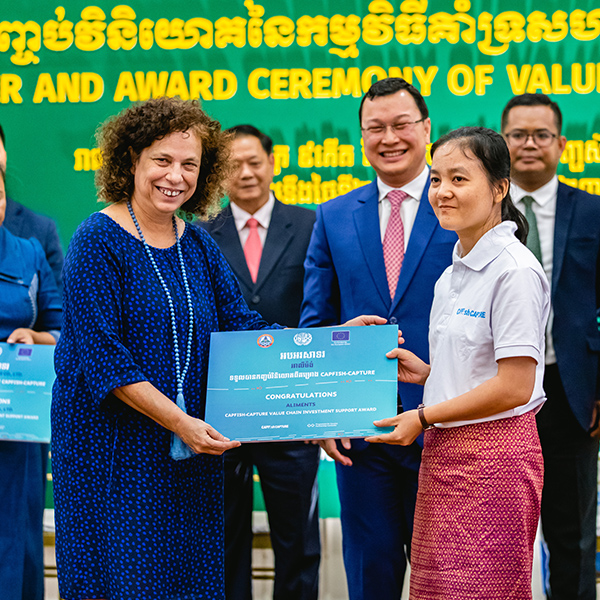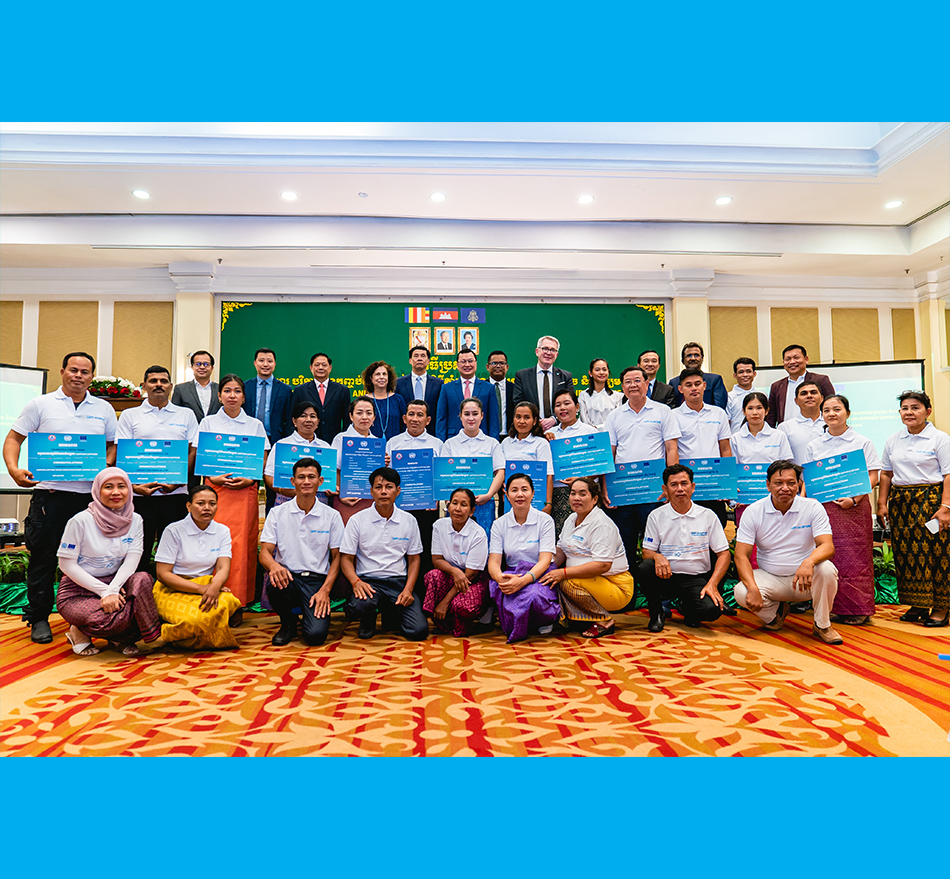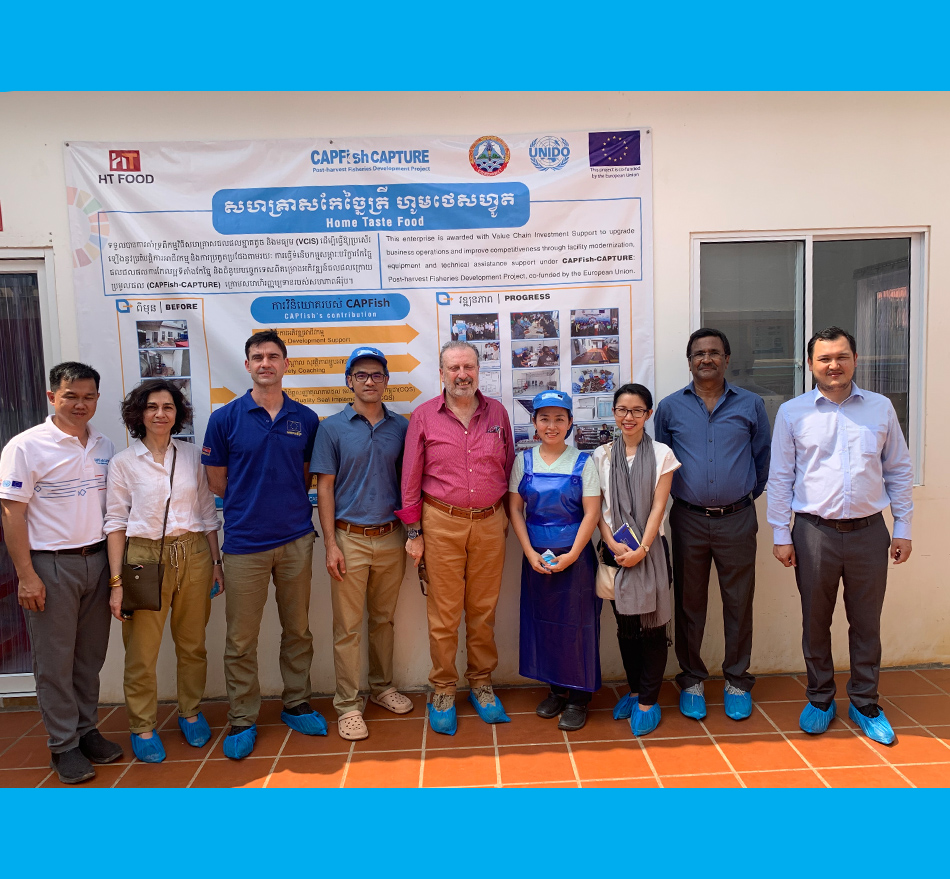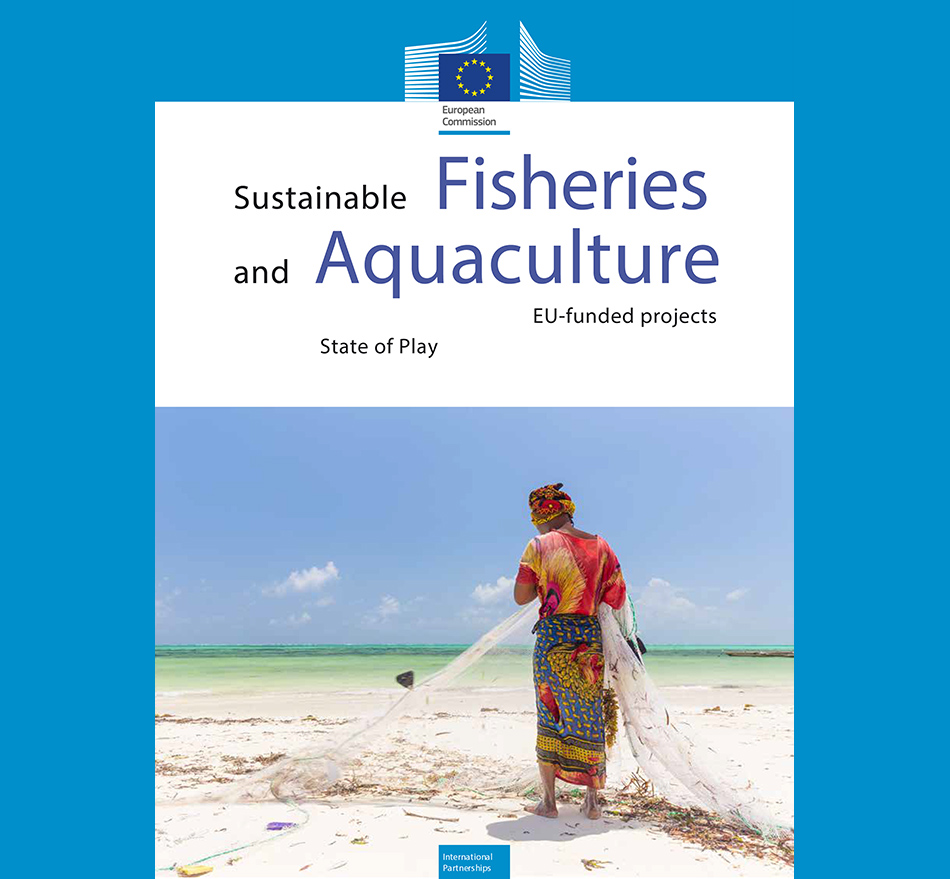Cambodia Investment Review
UNIDO’s Managing Director for the Directorate for SDG Innovation and Economic Transformation Mr. Gunther Beger spoke with CIR Leader Talks on how the UN’s specialized agency the United Nations Industrial Development Organization (UNIDO) plays a pivotal role in promoting inclusive and sustainable industrial development around the globe as well as UNIDO’s mission in Cambodia and its efforts to support the country’s industrial development.
Mr. Beger began by explaining UNIDO’s mandate: “UNIDO is committed to promoting, dynamizing, and accelerating industrial development in an inclusive and sustainable manner. Our mandate is reflected in the Sustainable Development Goal (SDG) 9, but UNIDO’s activities contribute to all the SDGs.
We provide support to 171 Member States, and our Directorate is responsible for developing innovative technical cooperation concepts, identifying new sources and means of finance, and entering into new partnerships with a broad range of stakeholders.”
More than 10 years of operations in Cambodia
He further elaborated on UNIDO’s ongoing mission in Cambodia, which has been active since 2013 in various sectors such as quality infrastructure, accreditation of testing laboratories, private sector development, renewable energy, environmental sustainability, and research and development (R&D).
The current mission is focused on awarding select post-harvest fishery enterprises with Value Chain Investment Support (VCIS) under the European Union (EU) co-funded CAPFISH-Capture project. The VCIS support includes providing equipment and materials to these enterprises, assisting in their post-COVID-19 recovery and business growth. Mr. Beger emphasized that the mission also helps to strengthen collaboration between UNIDO and Cambodian counterparts.
When asked about UNIDO’s priority support areas in Cambodia, Mr. Beger explained that their activities are conducted under the framework called UNIDO’s Programme for Country Partnership for Cambodia (PCP Cambodia), which was introduced in 2017. PCP Cambodia supports the implementation of Cambodia’s Industrial Development Policy (2015-2025) and the country’s overall goal of achieving its upper-middle-income status by 2030.
Sustainable and inclusive economic development
Mr. Beger highlighted some of the key interventions by UNIDO in Cambodia, including their major EU flagship project supporting the fisheries sector. Through this project, UNIDO assists the sector to upgrade business operations, ensure the production of safer products, and improve competitiveness and access to better markets.
He also mentioned UNIDO’s support for the Fisheries Administration in developing a food safety system, accrediting testing laboratories, strengthening value chains, and promoting research and development.
The expected outcomes of these interventions, according to Mr. Beger, include safer fish and fishery products, better public health, more export opportunities, and a higher contribution to the national economy in a sustainable and inclusive manner.
To make a greater impact, Mr. Beger stressed the need for scaling up these approaches to other agricultural value chains, more investment in post-harvest handling and processing, and better coordination between the government and the development community.
Collaboration with Cambodia’s private sector
In terms of collaboration with the local private sector, Mr. Beger explained that UNIDO focuses on the sustainability of its interventions. This is achieved by providing environmentally friendly and sustainable processing equipment, training local experts to become certified Business Development Service providers, linking academia with the private sector, and creating lasting market linkages between beneficiary enterprises and potential buyers.
Mr. Beger further emphasized UNIDO’s ongoing commitment to Cambodia’s industrial development: “UNIDO is devoted to supporting the Cambodian private sector for ongoing sustainability, working closely with the government and other stakeholders to achieve the SDGs and national goals in the country. Our work in Cambodia is a testament to our global mission to promote inclusive and sustainable industrial development for all.”
“Additionally, UNIDO also provides training to local experts to become certified Business Development Service providers. The certified trainers will continue to advise and support local enterprises even after the conclusion of UNIDO’s intervention,” Mr. Beger said.
UNIDO has so far provided technical assistance and capacity building to 55 factories and enterprises across the country to implement integrated tools for resource efficiency and cleaner productions as well as support to piggery commercial and agro farms to turn waste into biogas energy.
“Another example is UNIDO’s active role in linking the Academia with the private sector, in order to address the private sector’s needs through research grants. This is done through the creation of innovative and sustainable food technologies and products. Moreover, UNIDO is working with other sister UN agencies and Ministries on partnerships for actions on green economy,” Mr. Beger added.
As UNIDO continues to advance its mission in Cambodia and around the world, its efforts in fostering industrial development, supporting economic transformation, and promoting innovation have the potential to bring lasting positive change. Through tailored interventions and strategic partnerships, UNIDO remains dedicated to the pursuit of the Sustainable Development Goals and the betterment of communities worldwide.
https://cambodiainvestmentreview.com/2023/04/28/leader-talks-gunther-beger-on-unidos-role-in-industrial-development-in-cambodia/


